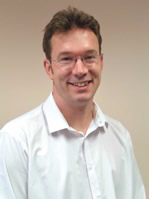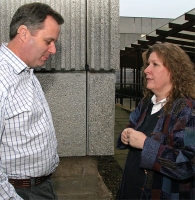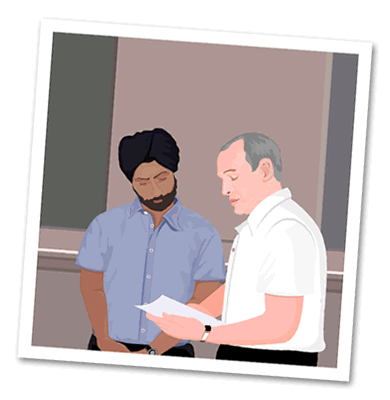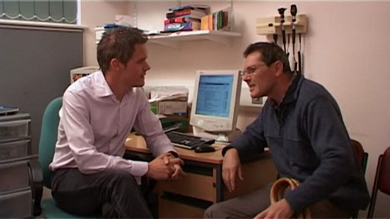Running Late Again course for GPs



This session aims to explore the determinants of consultation length and what it means to consult efficiently. This session was reviewed by Jenny Bedford and last updated in October 2014.
Learning Objectives
By the end of this session you will be able to:
- Describe the determinants of consultation length, including doctor, patient and organisational factors
- Explain why clinical efficiency is independent of consultation length
- Demonstrate techniques to limit consultation length when appropriate
- Recognise, monitor and manage the effects of running late on job satisfaction, stress levels, unequal workloads and burnout
The personal costs and benefits of spending additional time with patients are outlined in the hope that this will enable you to decide how you would like to spend your working day as a GP.
Before commencing this session you should:
- Have three months experience of working in general practice before commencing this session
- Complete the preceding sessions in the Practical Consulting module
Adam Fraser was an academic registrar and subsequently a clinical tutor in communication skills at the University of Birmingham. He was the registrar representative on the RCGP curriculum development group, which produced the new curriculum for GP training. He has worked as a Programme Director for the West Midlands Deanery, a continuous professional development tutor for the West Midlands Strategic Health Authority and a GP principal in inner city Birmingham.
He was the original author of the curriculum statements on the GP consultation, men’s health, cardiovascular problems, digestive problems, ENT and facial problems, metabolic problems, respiratory problems and rheumatology and conditions of the musculoskeletal system. He was the RCGP curriculum guardian of the GP consultation curriculum statement from 2005 to 2014, and was co-editor of the GP consultation module of the e-GP programme with Roger Neighbour.
Adam now works as a GP principal and GP trainer at the Bridges Medical Practice in Weymouth. He is a Programme Director for the Dorset patch of Health Education Wessex and teaches on the Bournemouth day release course. His interests include GP training, communication skills and therapeutic consulting.


- Communication Impairments Part 4: Autistic Spectru...
- Posted By eIntegrity Healthcare e-Learning
- Posted Date: 2024-12-23
- Location:Online
- This session is the last of four that looks at different speech, language and communication impairme...
- Communication Impairments Part 3: Cleft Palate, He...
- Posted By eIntegrity Healthcare e-Learning
- Posted Date: 2024-12-23
- Location:Online
- This session is the third of four which describe different speech, language and communication impair...
- Communication Impairments Part 2: Specific Speech ...
- Posted By eIntegrity Healthcare e-Learning
- Posted Date: 2024-12-23
- Location:Online
- This session is about speech sound disorder (SSD). It describes the characteristics associated with ...
- Communication Impairments Part 1: Late-talking Tod...
- Posted By eIntegrity Healthcare e-Learning
- Posted Date: 2024-12-23
- Location:Online
- This session is the first of four which describe different speech, language and communication impair...
- Typical Development Part 2: First Words and Early ...
- Posted By eIntegrity Healthcare e-Learning
- Posted Date: 2024-12-23
- Location:Online
- This session gives an overview of the main aspects of how language typically develops in children. I...






